Additive Manufacturing technology is a key enabler for developing capabilities with innovative component designs and for reducing costs and lead time of production. Ensuring productivity and end-product quality is vital for the long term competitiveness of our industry. This collaborative project provided the opportunity to better understand the capabilities and boundaries of the technology for the energy industry by reviewing market-available solutions, with the ultimate goal to provide supportive ground to push these limits further.
ETN’s unique L-PBF Machine Evaluation Initiative was developed among members of ETN’s Additive Manufacturing Working Group.
Scope of the Project
ETN’s unique L-PBF Machine Evaluation Initiative was developed among members of ETN’s Additive Manufacturing Working Group. The project reviewed capabilities of Laser-Powder Bed Fusion (aka L-PBF, Selective Laser Melting) equipment currently available on the market.
The involved manufacturers manufactured parts with Nickel Alloy 718 powder, according to specifications defined in collaboration with members of the ETN Additive Manufacturing Working Group. The produced parts included features of specific interest to the energy sector, such as thin walls and cooling channels. Performance, quality and productivity were evaluated.
Additive Manufacturing technology is a key enabler for developing capabilities with innovative component designs and for reducing costs and lead time of production. Ensuring productivity and end-product quality is vital for the long term competitiveness of our industry. This collaborative project provides the opportunity to better understand the capabilities and boundaries of the technology for the energy industry by reviewing market-available solutions, with the ultimate goal to provide supportive ground to push these limits further.
ETN’s unique L-PBF Machine Evaluation Initiative was developed among members of ETN’s Additive Manufacturing Working Group.
Scope of the Project
ETN’s unique L-PBF Machine Evaluation Initiative was developed among members of ETN’s Additive Manufacturing Working Group. The project will review capabilities of Laser-Powder Bed Fusion (aka L-PBF, Selective Laser Melting) equipment currently available on the market.
The involved manufacturers will be manufacturing parts with Nickel Alloy 718 powder, according to specifications defined in collaboration with members of the ETN Additive Manufacturing Working Group. The parts to be produced include features of specific interest to the energy sector, such as thin walls and cooling channels. Performance, quality and productivity are key elements that will be evaluated.
Outcome
The outcome of the project consisted of a detailed report, evaluating and comparing technical and commercial characteristics of selected AM machines available on the market and sample parts they produced. The full report is only available to ETN partners
Value Proposition
The ETN L-PBF Machine Evaluation Initiative provided the ETN Partners with a unique holistic Repository of machine’s productivity and quality information:
- Exclusive access for financers to the report giving 100% transparency of the evaluation of 5 Laser Powder Bed Fusion machines
- Unique report providing an overview of market-available equipment, with short project delivery time, based on a 5-month project timeline
- Detailed insight in achieved results, which are in as-built condition, i.e. without post processing
- Comparison of both Technical and Commercial KPIs, CAPEX and OPEX, including productivity (based on established standards e.g. ASTM, ISO, NF)
- Opportunity to compare results of machines which use equal powder, for identical topologies incl. test bars & test component
- Baseline to potentially compare your machine performance to the 5 ones of this Initiative
- Database to potentially compare your printing performance
- Independent reporting by impartial 3rd party and independent testing by single sovereign contractor
- Enabling an informed decision for machine procurement or contractor selection
- Access to detailed repository/overview of all machine’s technical details
- Information to support qualification of the technology for users
- Comparatively low participation cost, as costs are divided transparently among partners without surcharge
About ETN Global: ETN Global is a unique membership association bringing together the entire value chain of the gas turbine technology community globally. Through cooperative efforts and by initiating common activities and projects, ETN optimises gas turbine research and technology development and promotes environmentally sound gas turbine technology with reliable and low-cost operation.
About ETN’s Additive Manufacturing Working Group: Members of ETN have initiated in 2018 an ETN Additive Manufacturing Working Group with the purpose to strengthen the cooperation between stakeholders of the turbomachinery value chain on additive manufacturing topics, which would ultimately allow faster and wider deployment of the technology in the gas turbine sector. This Working Group is composed of experts from across the whole gas turbine value chain: power generation and oil & gas companies, OEMs, R&D institutes, suppliers, service providers and technology consultancies.
Organisations involved in the ETN Additive Manufacturing WG:
ETN’s Virtual Annual General Meeting & Workshop Week took place from 15 to 22 March 2021.
Programme
- 15 March: Annual General Meeting: “Strategy for a low-carbon future”
- 16 March: TC1: Low-carbon GT technologies – “Expanding the solutions portfolio of new energy systems”
- 17 March: TC2: Operational and fuel flexibility – “Analysing new technological solutions in respect of market opportunities”
- 18 March: TC3: Materials degradation, repair technologies & manufacturing – “Expected materials impacts and new technology opportunities to overcome challenges in the energy transition”
- 19 March: TC4: Condition monitoring and asset management – “Implications of introducing 5% to 30% hydrogen into the grid”
- 22 March: Closing session: “ETN strategy implementation and transition roadmap”
Click here to download the full programme.
ETN Activity Update 2020-2021
The ETN office has prepared our annual Activity Update, which is the annual report of ETN activities that have taken place since the last AGM. The document is available here (login required).
Presentations
All presentations are available only for ETN members (login required).
Summary Report and presentations
Please login to access this content.
R&D Reports
ETN regularly publishes R&D reports and other publications as part of the activities within our Working Groups. You can download below our reports covering topics such as micro gas turbines, digitalisation, additive manufacturing, hydrogen and supercritical CO2.
ETN Global Laser Powder Bed Fusion (LPBF) Machine Evaluation Initiative assessed the capabilities of LPBF machines from multiple manufacturers, focusing on Alloy 718—a key material for gas turbine components. The study was undertaken by selected members of our Additive Manufacturing Working Group.
ETN R&D Recommendation Report-2023 Edition. The purpose is to provide up-to-date insights and recommendations for R&D topics aligned with user community needs, energy policy targets, and the transformative potential of gas-turbine solutions.
This report was prepared by ETN’s Project Board.
The summary report “Addressing the combustion challenges of hydrogen addition to natural gas” led by ETN’s Combustion task force within Hydrogen Working Group sums up the findings and conclusions as well as presents recommendations from a larger study, which aims to facilitate the introduction of gas turbines firing the full range of hydrogen and natural gas blends to deliver heat & power.
This report, prepared by ETN’s Gas Turbines Life Assessment and Extension Working Group, outlines the current status and future potential of extending the service life of gas turbine rotors. Initiated by ETN gas turbine users, it addresses the need for asset extension in the technical landscape. The report delves into rotor life definition, degradation mechanisms, OEM recommendations, and the necessity of extending fleet lifetimes to meet energy demands. It also discusses the lifetime assessment process and draws parallels with flight engine procedures to propose an action plan for improving rotor life extension practices.
ETN Global Hydrogen Gas Turbines report 2024 version was issued as part of the activities of our Hydrogen & alternatives fuels Working Group.
ETN Global 2024 HLUM report offers a comprehensive analysis of the challenges and opportunities facing the gas turbine users. Based on insights from pre-meeting interviews with stakeholders across all sectors and in-depth discussions during the meeting, the report provides a detailed examination of the technical, market, and regulatory challenges faced by operators. It outlines the path forward as the industry works towards current low-emission targets and ambitious net-zero goals.
The techno economic case study “Hydrogen Deployment in centralised power generation” was led by ETN’s Young Engineers Committee. It is an evaluation of the technical feasibility and economics of hydrogen utilisation for large-scale, centralised power generation.
The full report “Addressing the combustion challenges of hydrogen addition to natural gas” was written by ETN’s Hydrogen combustion task force. It presents the findings, conclusions and recommendation, aiming to facilitate the introduction of gas turbines firing the full range of hydrogen and natural gas blends to deliver heat and power.
Please note this report is for Members-only (login required).
ETN’s position paper titled “Proposed NOx emissions reporting for hydrogen-containing fuels”. The background for this paper is the current normalisation method that is being used for correcting emissions, in particular nitrogen oxides, to reference conditions, which adds a burden of up to 40% on hydrogen compared to natural gas.
The report “Decentralised energy systems: Towards carbon-neutral energy solutions for gas turbines” is part of the activities undertaken by ETN Global’s Decentralised Energy Systems Working Group. The report delves into the critical role of Decentralised Energy Systems (DES) in achieving carbon-neutral energy solutions, particularly focusing on the integration and application of gas turbine technologies. This comprehensive report outlines the current state of DES, highlights market trends, and identifies technological challenges and opportunities.
The ETN report“Best practices for defects detection in additively manufactured components in the energy sector” gives a general overview of the current utilisation, development and future trends of additive manufacturing (AM) in the energy sector, highlighting the actual knowledge of the defects induced by AM processing. This publication is available for ETN members only (login required).
ETN’s “Business case for sCO2 Waste Heat Recovery System” report was published in October 2020 as part of the activities within ETN’s sCO2 Working Group.
The objective of ETN’s White Paper “Industrial Internet: the next age of productivity for European GT based plants” is to provide support and guidance to the ETN members on Industry 4.0 and the Industrial Internet. The content was developed during ETN Workshops in 2016-2017, in a joint effort between Technical Committees 4 and 5, and the full paper was presented at ETN’s IGTC in October 2018.
The Micro Gas Turbine Technology Summary was produced by ETN’s Micro Gas Turbine Working Group composed of MGT OEMs, heat exchanger manufacturers and R&D institutes. This document aims to identify a number of key areas that require substantial R&D efforts for micro gas turbines from the European community to become competitive in the energy sector worldwide.
ETN R&D Recommendation report – 2021 Edition. This report was prepared by the ETN Project Board, which provides an independent support to new initiatives or issues brought to the ETN platform. The report includes recommendations on key research topics of gas turbine development based on the current market outlook and the users’ requirements.
The ETN Hydrogen Gas Turbines report 2020 version was issued by ETN, as part of the activities of our Hydrogen Working Group.
“HYFLEXPOWER. HYdrogen as a FLEXible energy storage for a fully renewable European POWER system“, the 3rd episode of ETN’s webinar series on Flexible Power Generation, took place on 1 December 2020.
The overall objective of the HYFLEXPOWER project is to develop, validate and demonstrate power-to-X-to-power in an integrated pilot plant within an industrial facility in Saillat-sur-Vienne, France. In this pilot plant, the whole power-to-X-to-power cycle will be demonstrated: storage of excess (renewable) energy via electrolysis and compressed storage of the generated H2, and finally producing electrical energy by operation of a gas turbine power plant with up to 100% hydrogen fuel.
Speakers:
Hyflexpower
Ertan Yilmaz, Project Coordinator & H2 Portfolio Manager, Siemens Energy
Hydrogen Integration into Existing Plants
Ian Amos, Product Family Owner, Siemens Industrial Turbomachinery
Smurfit Kappa: Sustainable Use of Energy
Steven Stoffer, Group Vice President Sustainable Development, Smurfit Kappa
ENGIE Solutions H2 Strategy
Marie Perrine Durot, Innovation and Green Industry Director, ENGIE Solutions
Environmental Assessment of Power-H2-Power Technology
Sotirios Karellas, School of Mechanical Engineering, National Technical University of Athens
Moderator:
Ugo Simeoni, Research and Innovation Manager, ETN Global
The slides presented during the webinar are available here.
Recording of the session can be accessed here.
On the Flexible Power Generation webinar series:
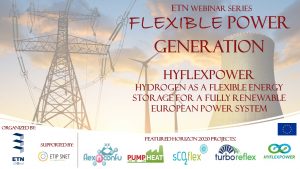 To achieve the EU 2030 and 2050 Climate and Energy goals, a high penetration of renewable energy sources (RES) into the grid is required. In this context, the role of the fossil fuel power plants will have to increasingly shift from providing base-load power to fluctuating back-up power (i.e. ramping up and down) in order to control and stabilise the grid. However, this poses several challenges in the operation due to increased wears and tears of the power plants components, as well as a reduction in efficiency and increase of greenhouse gas (GHG) emissions per unit of produced electricity.
To achieve the EU 2030 and 2050 Climate and Energy goals, a high penetration of renewable energy sources (RES) into the grid is required. In this context, the role of the fossil fuel power plants will have to increasingly shift from providing base-load power to fluctuating back-up power (i.e. ramping up and down) in order to control and stabilise the grid. However, this poses several challenges in the operation due to increased wears and tears of the power plants components, as well as a reduction in efficiency and increase of greenhouse gas (GHG) emissions per unit of produced electricity.
The objective of this webinar series is to shed the light on the actions taken by the EU and the industry to meet these challenges and pave the way for a carbon-neutral energy system that would ensure at the same time secure and affordable energy supply. The series is organised by ETN Global, with the support of ETIP SNET and in cooperation with five EU Horizon 2020 projects: FLEXnCONFU (grant agreement n. 884157), HYFLEXPOWER (grant agreement n. 884229), PUMP-HEAT (grant agreement n. 764706), sCO2-flex (grant agreement n. 764690), and TURBO-REFLEX (grant agreement n. 764545).
Message from ETN President
As we approach the end of the year, ETN’s President Pedro Lopez and Managing Director Christer Björkqvist sent a letter to the main contact persons of each ETN member organisation and provided a short summary of this year’s achievements, as well as plans for the upcoming year. You can read the full letter here (login required).

ETN’s virtual High-Level User Meeting “Operational optimisation and technology development needs for the transition to a carbon-neutral society” took place on 13 October 2020.
This year’s meeting was our first virtual High-Level User Meeting (HLUM) due to the COVID-19 pandemic. ETN’s annual HLUM is an excellent occasion to exchange views and experiences with senior-level users from the oil & gas, utility and industry sectors, and to bring forward short- and long-term turbomachinery development needs that will have an important impact on the profitability of your operations and the fulfilment of your long-term strategy.
ETN’s HLUM provides the opportunity to ensure that technical developments are aligned with the needs of your organisation’s future strategy. It also provides you with the opportunity to highlight areas of interest for cooperation in different forms with the turbomachinery community. Your input will also influence ETN’s future strategy and activities.
ETN President Pedro Lopez presented the key messages from the ETN user community during our virtual IGTC keynote session “Technology needs and developments for a low-carbon society” on 15 October – see more details here. The full presentation can be downloaded here (login required).
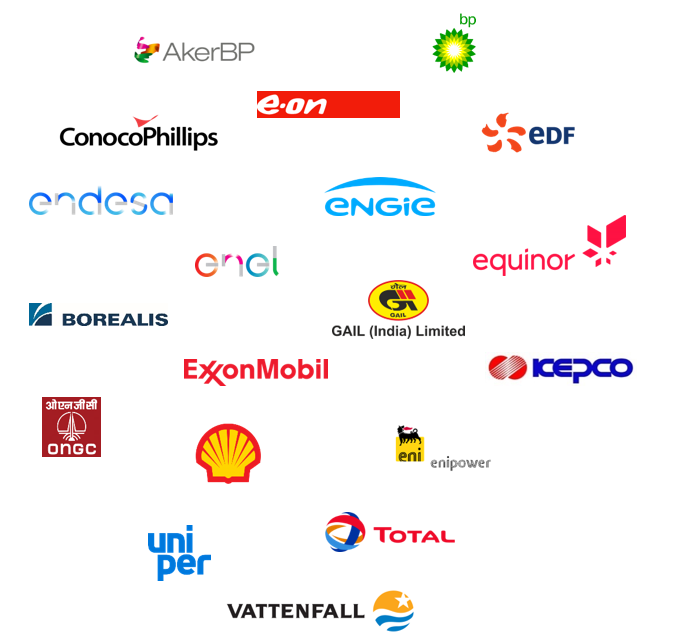
Business case for sCO2 Waste Heat Recovery System report published
ETN’s “Business case for sCO2 Waste Heat Recovery System” report was published in October 2020.
The full report can be downloaded here.
Interested to learn more about ETN’s Supercritical CO2 Working Group? Read about our activities here.
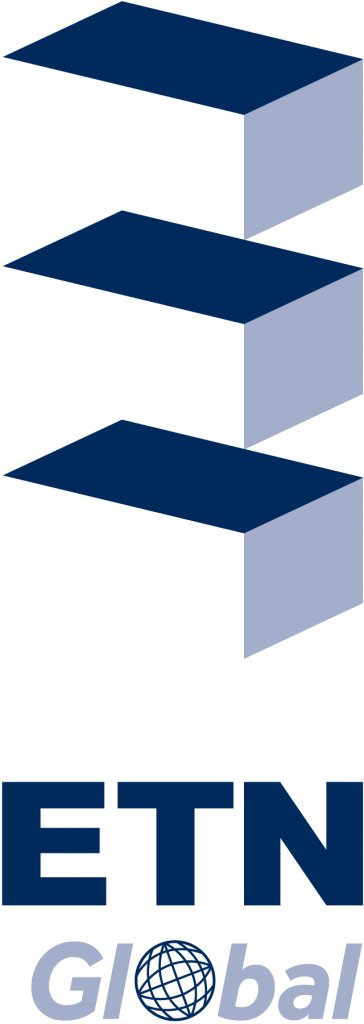
ROBINSON will focus on developing integrated energy solutions to decarbonise islands
The Horizon 2020 project ROBINSON – Smart integration of local energy sources and innovative storage for flexible, secure and cost-efficient energy supply on industrialized islands – has officially started on 1 October 2020. The project, funded by the EU Research and Innovation Programme Horizon 2020 under Grant Agreement n. 957752, has an overall budget of approximately € 8,4 million and will run for 4 years, between October 2020 and September 2024.
ROBINSON’s main mission is to develop an integrated energy system to help decarbonise islands. Islands often find it challenging to ensure a clean, secure and cost-effective supply of energy. The key is to decrease dependency on fossil fuels and become energy self-sufficient through a mix of renewable energy generation and storage infrastructure.
Download the full press release here – Launch Horizon 2020 project ROBINSON

This project has received funding from the European Union’s Horizon 2020 research and innovation programme under GA n. 957752.
AGM & Workshop presentations are available
ETN’s first virtual Annual General Meeting and Workshop was a success! We would like to thank again our speakers and all our participants for interesting discussions last week.
Presentations are now available here.
Check out also our annual ETN Activity Update, which presents the key activities that have taken place since the last AGM in Pau, France, in March 2019. You can download the full report here (login required).
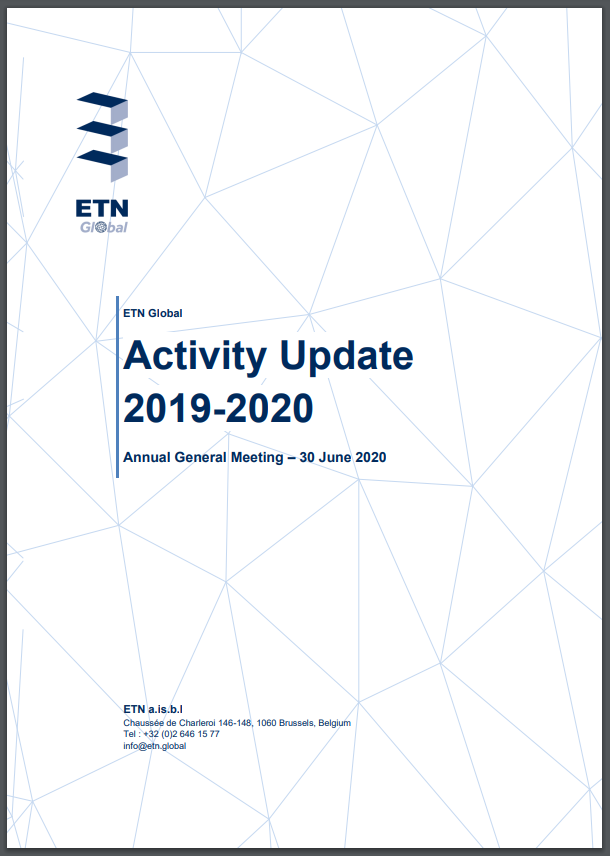




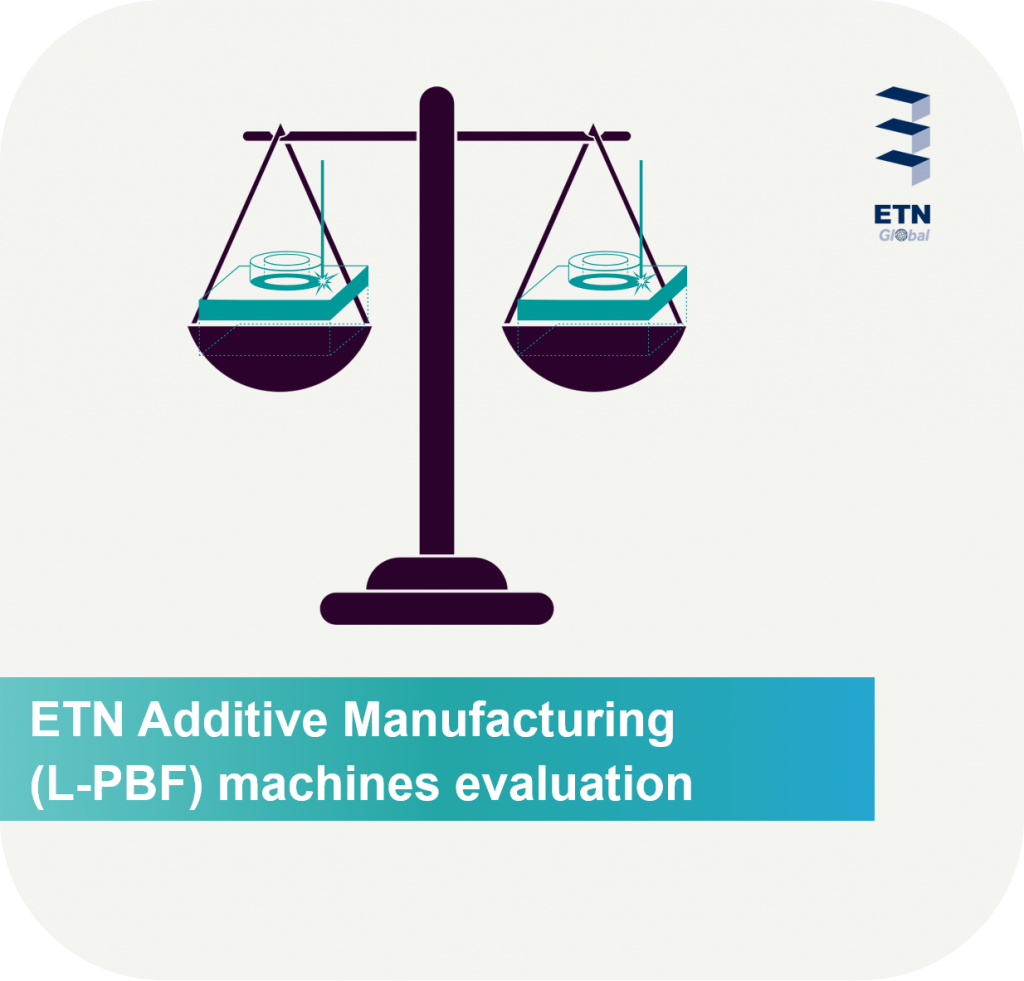

























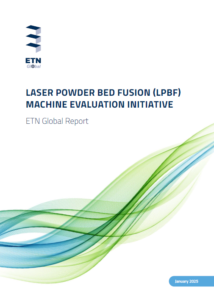
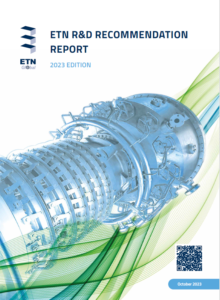
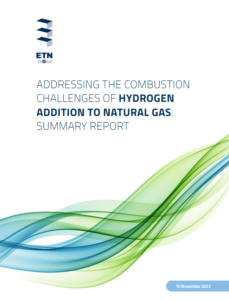
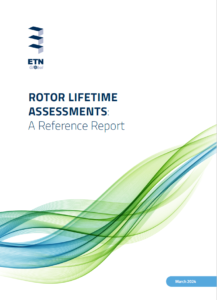
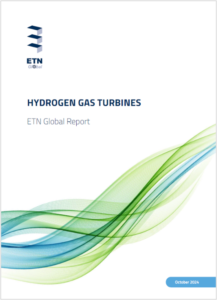
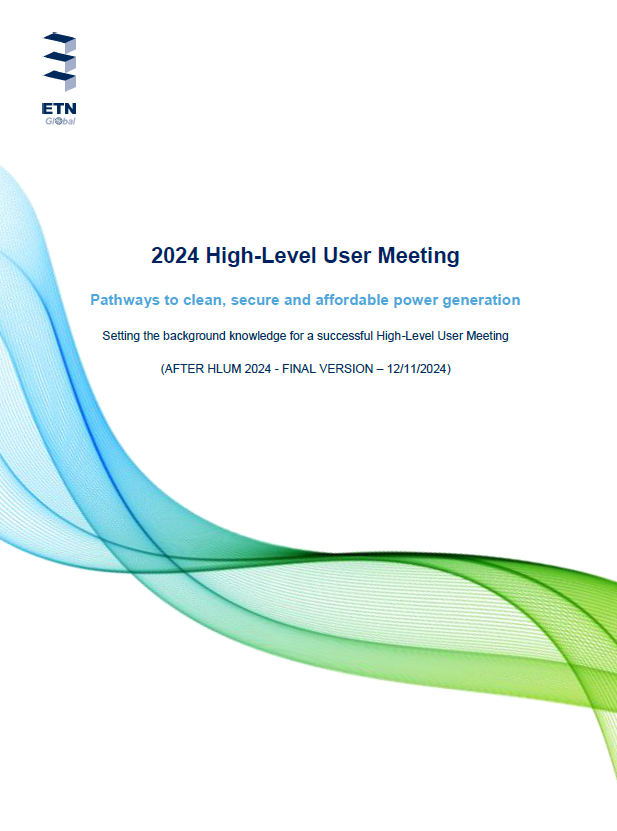
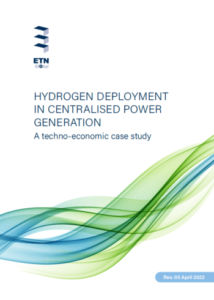
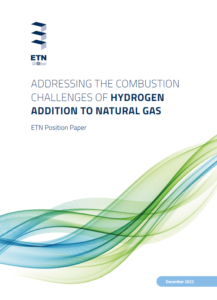
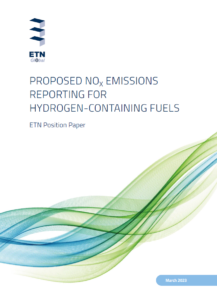
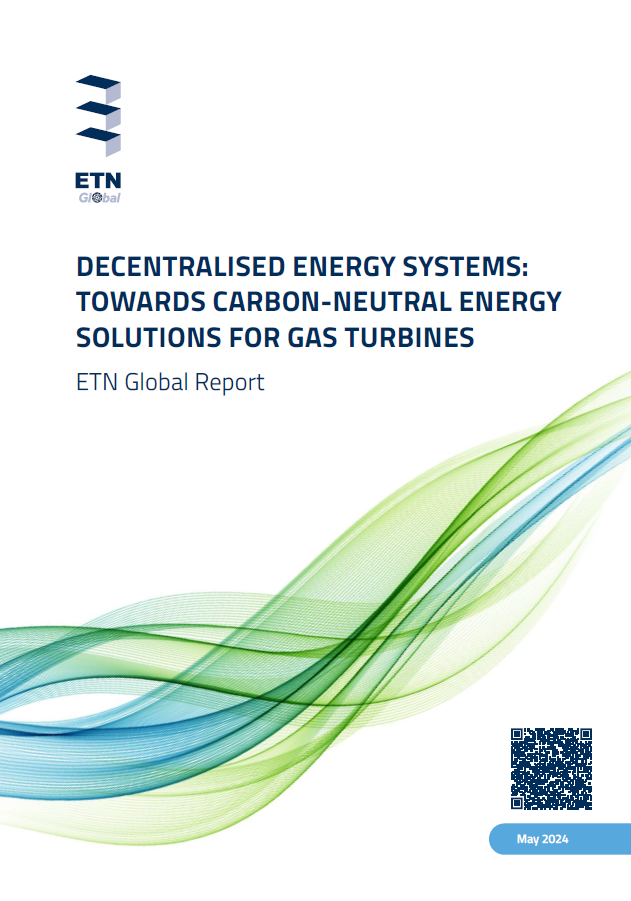
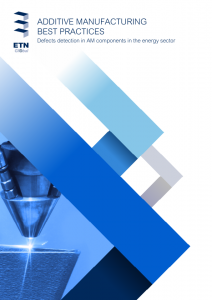
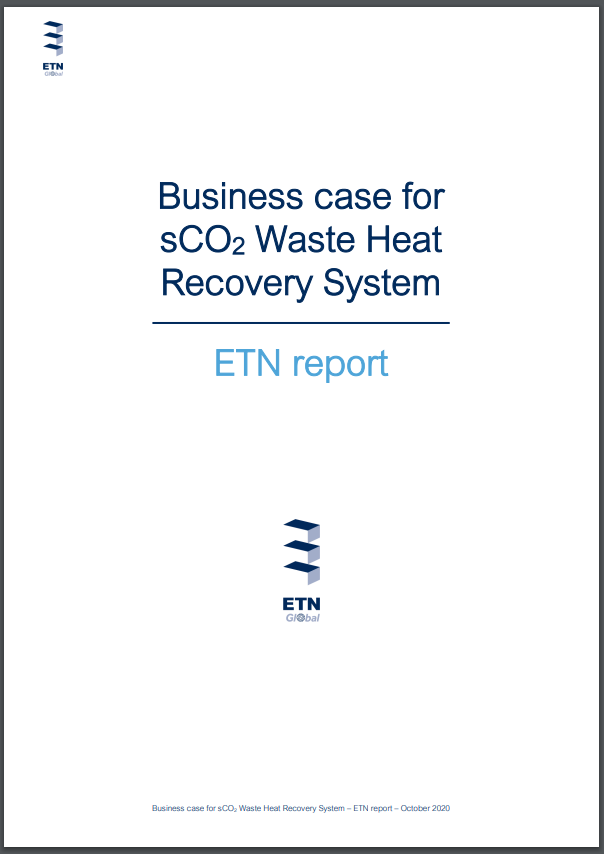
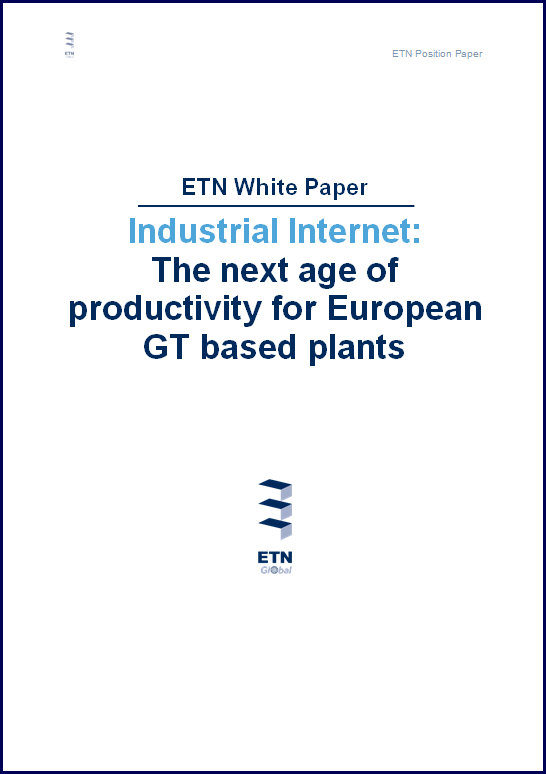
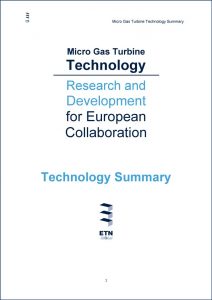
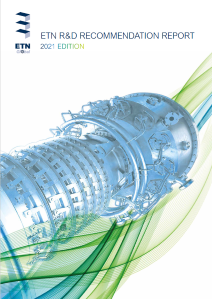
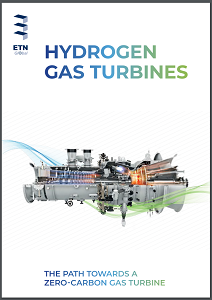
 To achieve the EU 2030 and 2050 Climate and Energy goals, a high penetration of renewable energy sources (RES) into the grid is required. In this context, the role of the fossil fuel power plants will have to increasingly shift from providing base-load power to fluctuating back-up power (i.e. ramping up and down) in order to control and stabilise the grid. However, this poses several challenges in the operation due to increased wears and tears of the power plants components, as well as a reduction in efficiency and increase of greenhouse gas (GHG) emissions per unit of produced electricity.
To achieve the EU 2030 and 2050 Climate and Energy goals, a high penetration of renewable energy sources (RES) into the grid is required. In this context, the role of the fossil fuel power plants will have to increasingly shift from providing base-load power to fluctuating back-up power (i.e. ramping up and down) in order to control and stabilise the grid. However, this poses several challenges in the operation due to increased wears and tears of the power plants components, as well as a reduction in efficiency and increase of greenhouse gas (GHG) emissions per unit of produced electricity.


